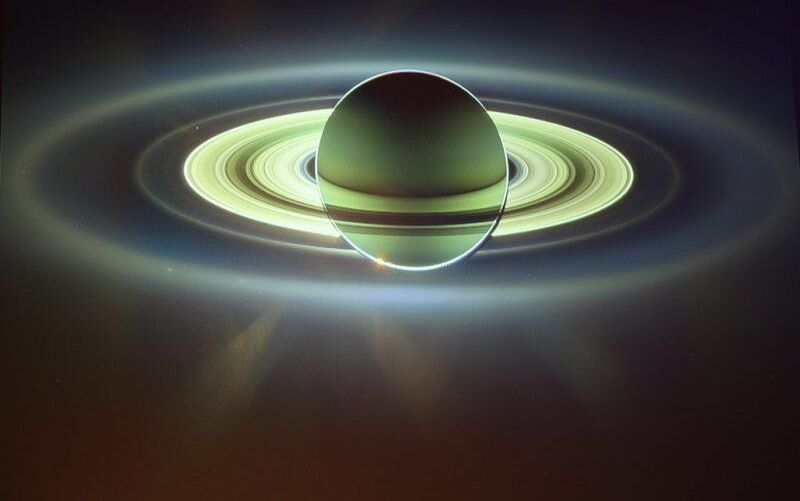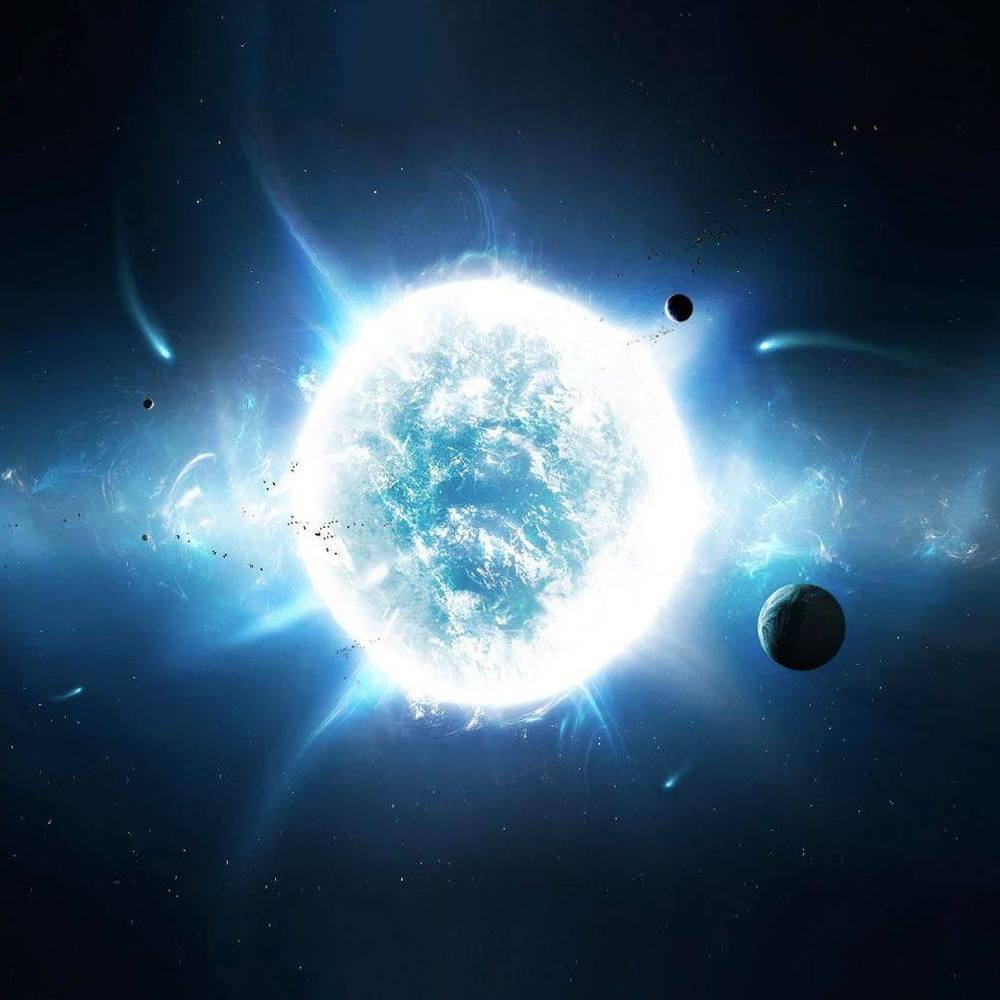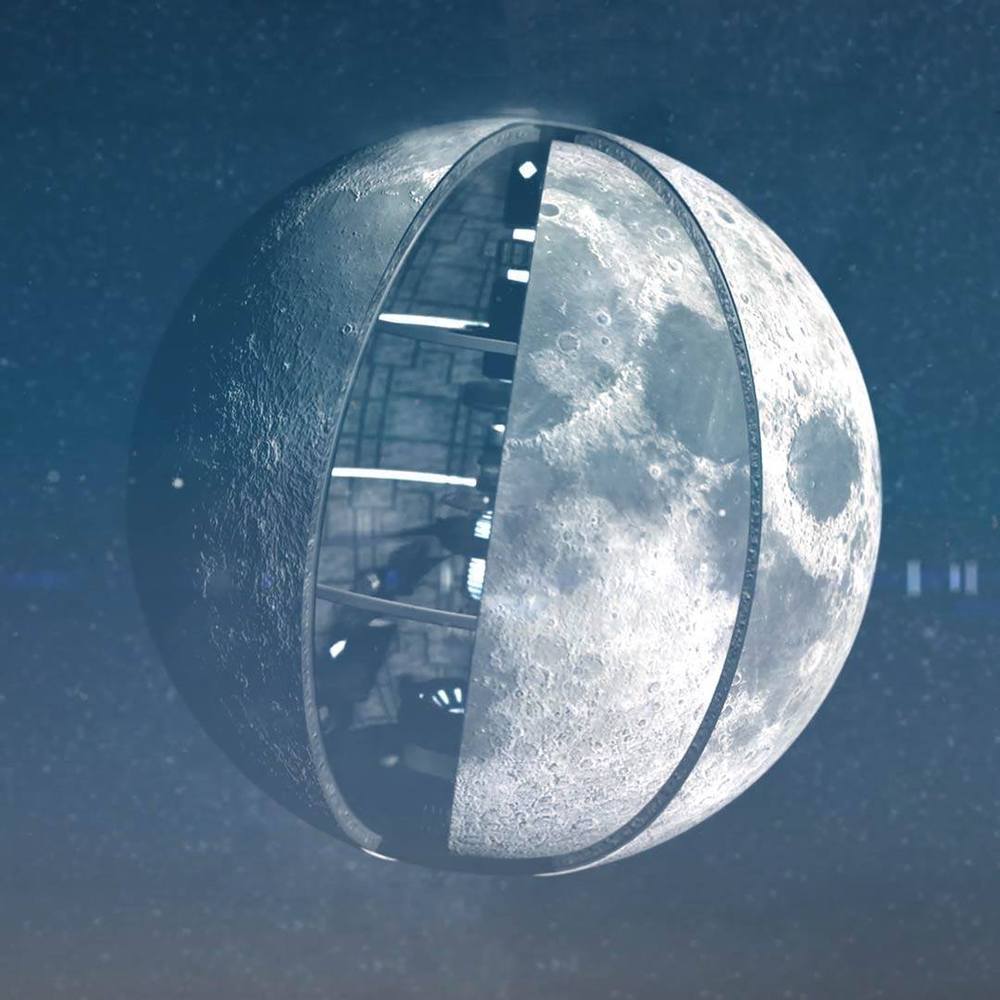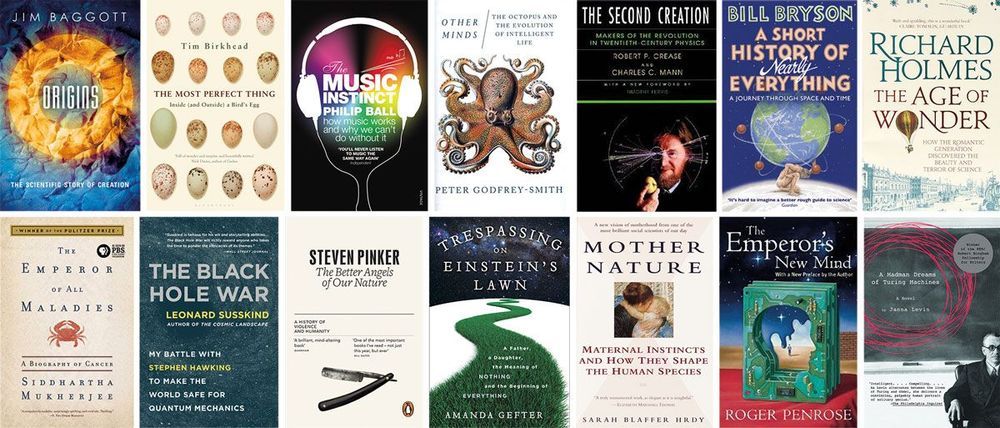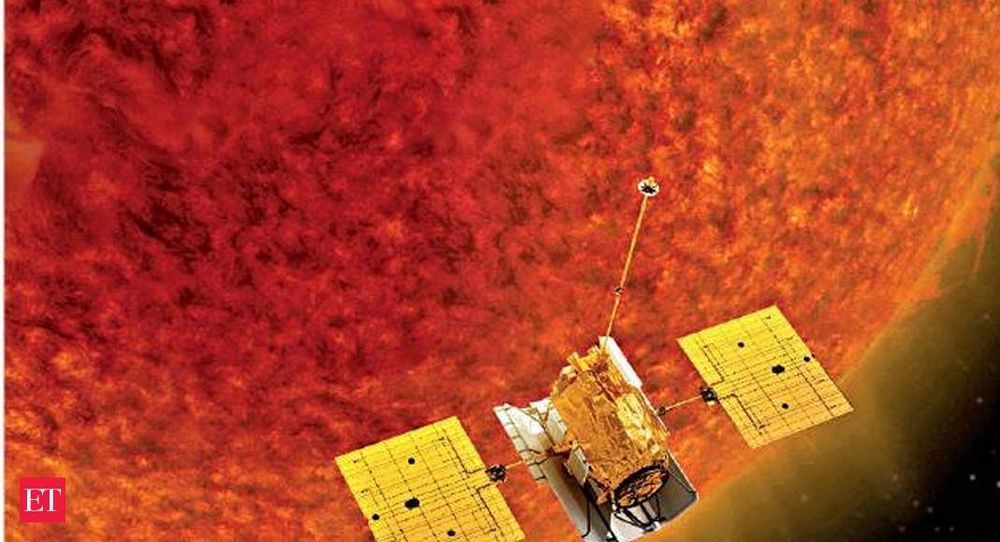Sep 8, 2019
Making sense of Saturn’s impossible rotation
Posted by Saúl Morales Rodriguéz in categories: physics, space
Saturn may be doing a little electromagnetic shimmy and twist which has been throwing off attempts by scientists to determine how long it takes for the planet to rotate on its axis, according to a new study.
Discovering the length of a day on any planet seems like a straightforward task: Find some feature on the planet and clock it as it rotates around once. Or, if it’s a gas giant like Jupiter, which has no solid surface features, scientists can listen for periodic modulations in the intensity of radio signals created within the planet’s rotating magnetic field.
And then there is Saturn, which for decades has defied attempts to pin down out its exact rotation period. Now a new study in AGU’s Journal of Geophysical Research: Space Physics may have finally unveiled the gas giant’s trick for hiding its rotation, and provide the key to giving up its secret.
